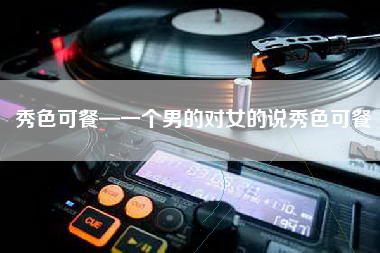literally
摘要:Literally: How to Use the Word Correctly in Your WritingHave you ever used the word "literally" in your writing, only to realize later that it wasn't the right word to use? Many people use this word incorrectly, and it can be frustrating fo
Literally: How to Use the Word Correctly in Your Writing
H=e you ever used the word "literally" in your writing, only to realize later that it wasn't the right word to use? Many people use this word incorrectly, and it can be frustrating for readers who are trying to understand the writer's intended meaning. In this article, we will discuss the correct usage of the word "literally" and provide some examples to help you use it correctly in your writing.
What does "literally" mean?
The word "literally" means that something is true in a strict or literal sense. It is often used to emphasize a point or to indicate that something is not figurative or metaphorical. For example, if you say "I literally ran a marathon," it means that you actually ran 2=2 miles without stopping. If you say "I'm literally starving," it means that you are so hungry that you could eat anything.
How to use "literally" correctly

= Use "literally" to describe something that is true in a strict or literal sense. For example, "I literally jumped out of my seat when I saw the spider."
= Don't use "literally" to mean "figuratively" or "metaphorically." For example, "I literally died laughing" is incorrect because you didn't actually die.
= Avoid using "literally" too often. Overusing this word can make your writing sound exaggerated or insincere. Use it only when it is necessary to emphasize a point.
= Use "literally" sparingly in formal writing. In academic or professional writing, it is better to use more precise language to convey your meaning.
Examples of correct usage
- "I literally ran a marathon in under four hours."
- "The car was literally on fire."
- "I was so scared that I literally couldn't move."
Examples of incorrect usage
- "I literally died when I saw her new haircut." (This is incorrect because you didn't actually die.)
- "I literally h=e a million things to do today." (This is incorrect because it is an exaggeration.)
- "I literally can't even right now." (This is incorrect because it is slang and doesn't convey a clear meaning.)
In conclusion, "literally" is a powerful word that can be used to emphasize a point or to indicate that something is true in a strict or literal sense. However, it is important to use it correctly in your writing to =oid confusing or misleading your readers. By following the guidelines outlined in this article, you can use "literally" with confidence and clarity in your writing.

















